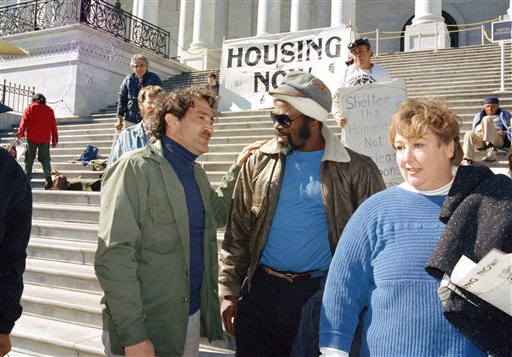The substantial governmental interest test is a part of the intermediate scrutiny analysis in First Amendment law. It represents a governmental interest more than a legitimate interest but less than a compelling governmental interest.
In modern constitutional law, there are three standards of review: (1) strict scrutiny; (2) intermediate or heightened scrutiny; and (3) rational basis. Strict scrutiny is the highest level of judicial review. Under it, the government must advance a compelling, or extremely important interest, often advanced in the least-speech restrictive way possible.
Under intermediate scrutiny, government must show a substantial government interest
Intermediate scrutiny means that the government must advance a substantial or important governmental interest in a narrowly tailored way or a way that does not substantially burden more speech than necessary.
Rational basis, the most deferential form of review for the government, means that the government must also have a legitimate interest that is rational and non-arbitrary.
In First Amendment law, regulations on speech are often analyzed as to whether they are content-based or content-neutral. Content-based regulations are subject to strict scrutiny, while content-neutral regulations are subject to intermediate scrutiny.
Court has different versions of intermediate scrutiny in First Amendment cases
The U.S. Supreme Court has different versions of intermediate scrutiny in First Amendment jurisprudence. Three common examples are the general content-neutral test, the O’Brien test for when speech and non-speech are connected together, and the Central-Hudson test for commercial speech regulations.
Under all of these versions of intermediate scrutiny, the government must show that its speech regulation meets a substantial or important governmental interest.
An example of when the U.S. Supreme Court utilized the substantial governmental interest test was its decision in Clark v. Community for Creative Nonviolence (1984). In that decision, the Court upheld a ban on sleeping in public parks in Washington D.C. The Court ruled that the ban on sleeping was a content-neutral regulation on expression that furthered the government’s substantial governmental interest in keeping public parks and property in “an attractive and intact condition.”
David L. Hudson, Jr. is a law professor at Belmont who publishes widely on First Amendment topics. He is the author of a 12-lecture audio course on the First Amendment entitled Freedom of Speech: Understanding the First Amendment (Now You Know Media, 2018). He also is the author of many First Amendment books, including The First Amendment: Freedom of Speech (Thomson Reuters, 2012) and Freedom of Speech: Documents Decoded (ABC-CLIO, 2017). This article was originally published in 2019.

